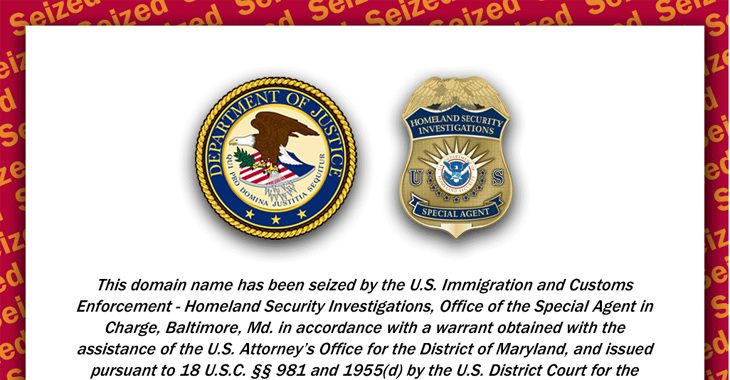
Coronavirus Spawns Class-Action Lawsuits as Consumers Seek Refunds
The pandemic has also triggered lawsuits over privacy issues with some video conferencing apps, and more.
Cyber scammers focus of effort.
In an effort to crack down on counterfeit merchandise, the U.S. Immigration and Customs Enforcement (ICE) teamed with foreign law enforcement to seize 706 domain names selling fake products. The operation, deemed Project Cyber Monday IV, was the fourth such action targeting counterfeit sellers across the globe.
“Counterfeiters take advantage of the holiday season and sell cheap fakes to unsuspecting consumers everywhere,” said ICE Acting Director John Sandweg in a press release. “Consumers need to protect themselves, their families, and their personal financial information from the criminal networks operating these bogus sites.”
According to the National Intellectual Property Rights Coordination Center, the most popular counterfeit products include headphones, sports jerseys, personal care products, shoes, toys, luxury goods, cellphones and electronic accessories. Law enforcement officials warn that buying such goods from online sellers puts financial information at risk.
For more on fakes sold online around the holidays and tips of what to beware of, click here.
The pandemic has also triggered lawsuits over privacy issues with some video conferencing apps, and more.
Why the FTC should consider virtual influencers as it reviews its Endorsement Guides.
Odds are you being good at trivia is not enough if you want to pay off your student loan debt with this app.


